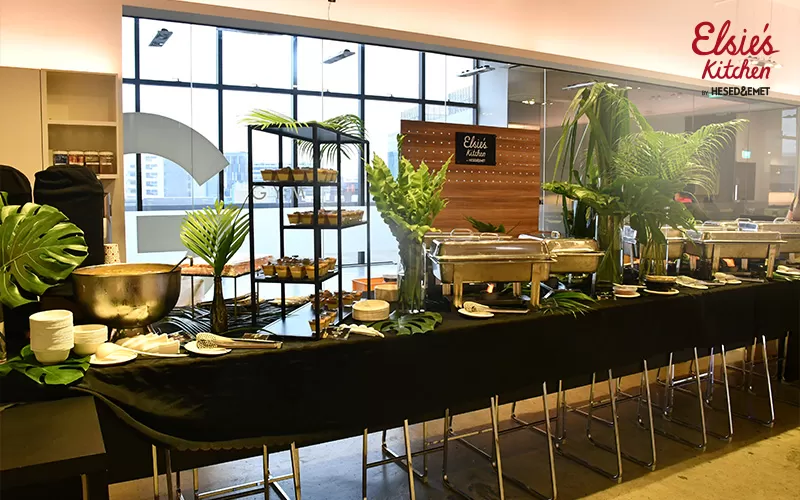Planning office catering that satisfies an entire team can feel like solving an impossible puzzle. With dietary restrictions, personal preferences, and budget constraints all competing for attention, how do you create a meal experience that genuinely pleases everyone? The answer lies in strategic planning and thoughtful execution.
Start with Intelligence Gathering
Before placing any orders, survey your team about dietary needs, preferences, and restrictions. Create a simple form asking about vegetarian/vegan needs, allergies, cultural considerations, and favorite cuisines. This data becomes your foundation for every catering decision.
Don’t forget to ask about meal timing preferences. Some teams prefer lighter morning meetings with pastries and coffee, while others need substantial midday fuel. Understanding these patterns helps you choose appropriate portions and menu styles.
Master the Art of Variety
The secret to universal appeal isn’t finding one perfect dish—it’s offering thoughtful variety within a cohesive theme. Instead of ordering from five different restaurants, choose one caterer who can provide diverse options within their specialty.
A Mediterranean caterer, for example, can simultaneously serve grilled chicken, falafel, hummus, fresh vegetables, and various grain salads. This approach ensures food arrives together, maintains consistent quality, and provides options for different dietary needs without logistical chaos.
Think Beyond Main Dishes
Sides and accompaniments often make or break a catering experience. Offer multiple salad options, various breads, and interesting condiments or sauces. These elements allow people to customize their meals according to their preferences and dietary needs.
Fresh fruit, mixed nuts, and cheese selections can bridge gaps between main courses and dessert while providing options for those with specific nutritional requirements.
Timing and Logistics Matter
Plan delivery timing carefully, accounting for setup time and your team’s schedule. Food arriving during a crucial presentation creates unnecessary stress, while meals sitting too long lose appeal and food safety integrity.
Communicate clearly with your caterer about serving logistics. Do you need serving utensils, plates, napkins? Is there adequate space for setup? These details prevent day-of disasters.
Budget Wisely
Quality office catering doesn’t require unlimited budgets, but it does require smart allocation. Invest in one excellent main option rather than several mediocre choices. Supplement with simple, high-quality sides like fresh bread, seasonal fruit, or a well-made salad.
Consider cost per person, but also factor in satisfaction and productivity benefits. A slightly more expensive meal that energizes your team for an important project often provides better overall value than cheap options that leave people sluggish.
Gather Feedback and Iterate
After each catering experience, collect brief feedback about what worked and what didn’t. This information helps you refine future choices and build relationships with caterers who consistently deliver quality.
Keep notes about portion sizes, popular items, and logistical lessons learned. This documentation becomes invaluable for future planning and helps justify catering investments to leadership.
Special Considerations
Remember that great office catering accommodates various eating schedules and preferences. Provide options for those who eat earlier or later, and consider including some items that travel well for remote team members joining virtually.
Success in office catering comes from viewing it as an investment in team satisfaction and productivity, not just a necessary expense.

